Morocco
Morocco's cattle and sheep populations have dropped by 38% since the last census nine years ago, primarily due to ongoing drought conditions, according to Agriculture Minister Ahmed El Bouari on Thursday.
The country has faced six years of severe drought, which has depleted its dams, led to significant job losses in agriculture, and prompted a faster implementation of desalination projects.
This year's rainfall was 53% below the average of the past three decades, El Bouari reported.
With limited grazing land available, meat production has declined, resulting in increased imports of cattle and red meat.
To stabilize domestic prices, Morocco's 2025 budget has eliminated import duties and value-added tax on cattle, sheep, camels, and red meat. So far this year, the country has brought in 124,000 sheep, 21,000 cattle, and 704 tons of red meat.
El Bouari noted that irrigation dams in critical agricultural areas like Doukala and Souss-Massa are only 2% and 15% full, respectively, while the national dam filling rate has fallen to 26%, prioritizing urban drinking water over agricultural needs.
The area planted with essential crops such as soft wheat, durum wheat, and barley has increased to 2.6 million hectares from 2.4 million hectares last year.
The wheat harvest will depend on rainfall patterns through the end of March, El Bouari added. Last year's drought reduced Morocco's production of these grains to 3.1 million tons, a 43% decrease from the previous year.





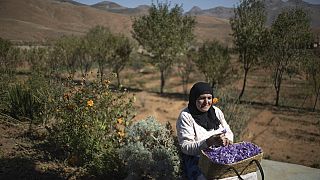
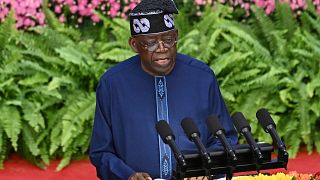

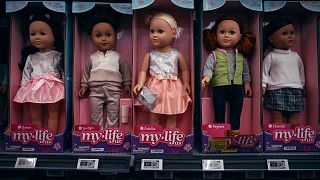
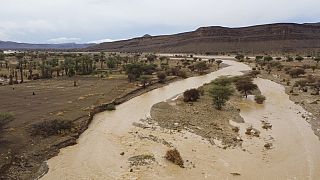
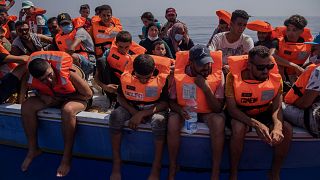
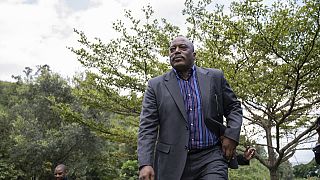
00:50
Less than 100 days till kick off in AFCON Morocco 2025
01:00
Farmers protest in Brussels against EU-Mercosur trade deal
00:49
CHAN 2024: First-time finalists Madagascar steps into the lion’s den
01:01
2024 African Nations championship: Kenya, Tanzania, Uganda reach quarter-finals
01:38
Morocco battles fierce wildfire in Amelay forest
01:05
Moroccan feminist activist's blasphemy trial postponed